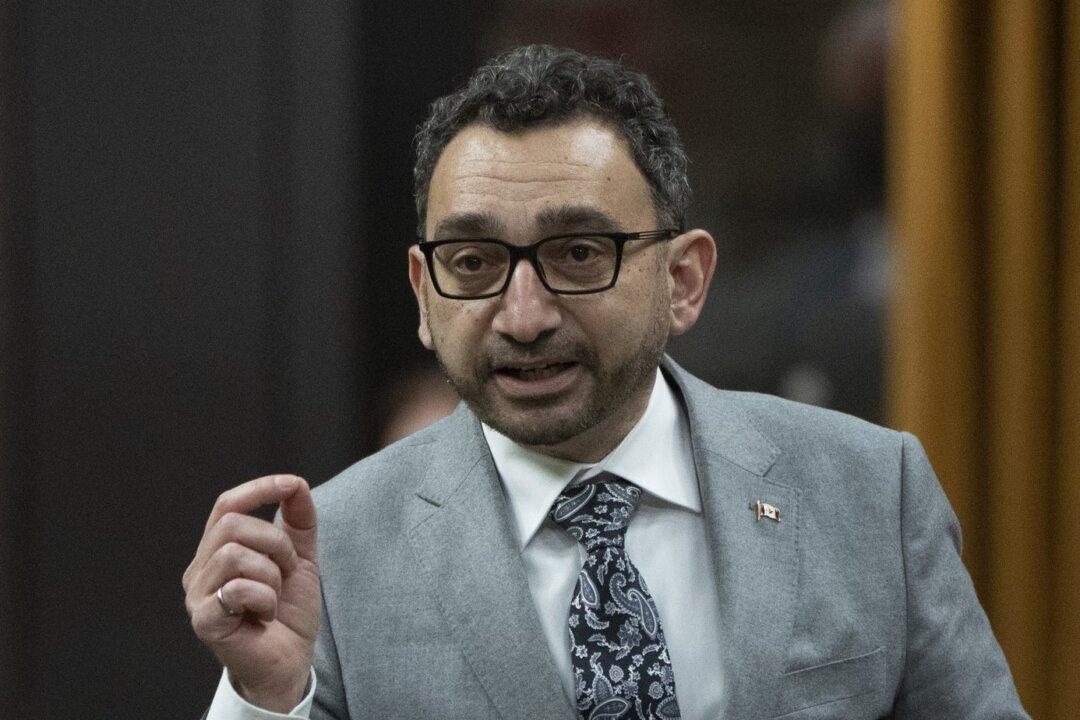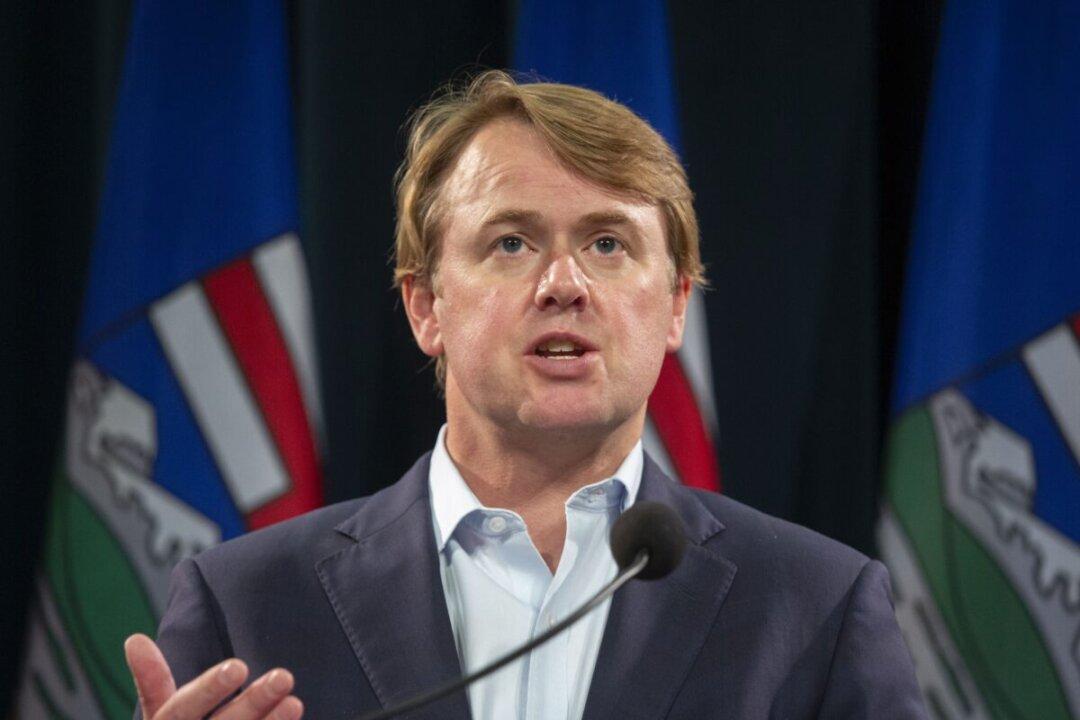EDMONTON—The Alberta government says it will not aid in implementing federal legislation to confiscate about 30,000 legally purchased but now-banned firearms, and will also not allow the province’s RCMP to take part in the effort.
In an announcement on Sept. 26, Alberta Justice Minister Tyler Shandro said federal Public Safety Minister Marco Medicino requested the province provide resources to help collect the prohibited firearms this fall, but said his province rejected this request for assistance and sent notice to the Alberta RCMP demanding it do the same.





